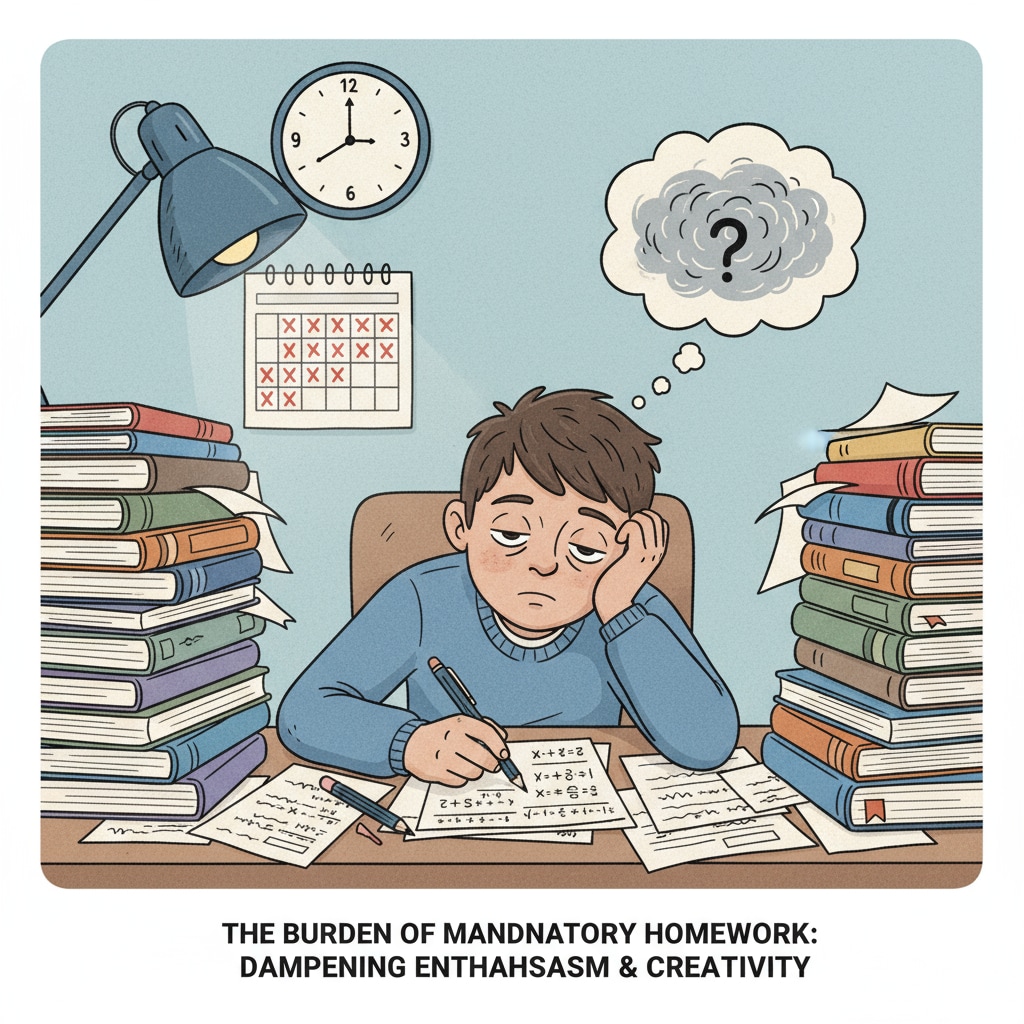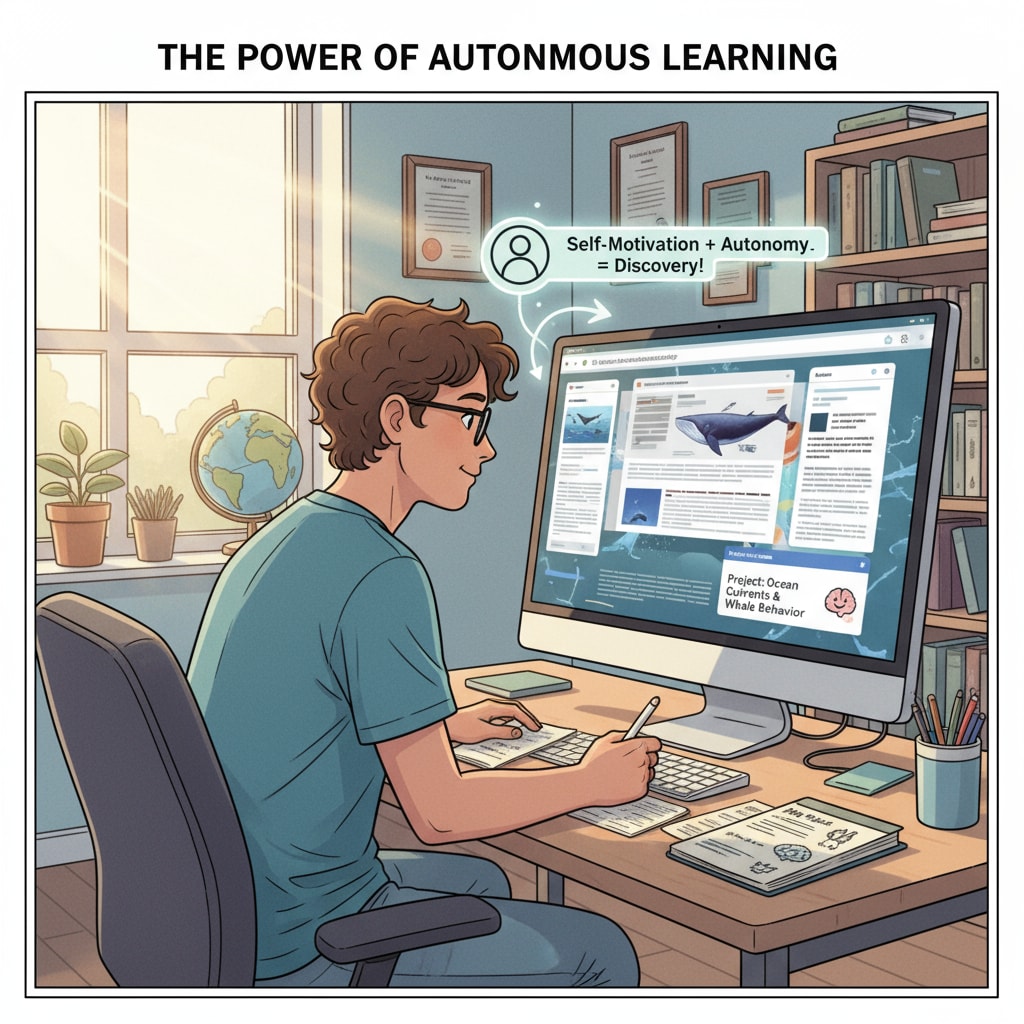Homework, self-motivation, and personal responsibility are crucial aspects in the educational journey of upper-level students. In the traditional educational model, homework has often been a mandatory task for students. However, as students progress to higher grades, a new perspective emerges: they should be given the right to decide whether to complete their homework. This shift in thinking aims to foster self-motivation and a stronger sense of personal responsibility among students.
The Limitations of the Mandatory Homework System
The long-standing mandatory homework system has several drawbacks. For instance, it may suppress students’ creativity and curiosity. When students are forced to complete a large amount of homework regardless of their interests or capabilities, they might view learning as a chore rather than an enjoyable exploration. As a result, their enthusiasm for learning can be dampened. According to Education.com, traditional mandatory homework can sometimes lead to burnout among students, especially those in upper levels.

Fostering Self-Motivation through Autonomy
Granting upper-level students the autonomy to decide on homework can significantly boost their self-motivation. When students have the freedom to choose which tasks to undertake, they are more likely to engage with the material that genuinely interests them. This self-directed learning approach encourages them to take initiative and explore topics in depth. For example, a student interested in history may choose to research and write an extended essay on a historical event instead of being confined to standard textbook exercises. As per Psychology Today, intrinsic motivation, which is closely related to self-motivation, is enhanced when individuals have control over their learning experiences.

In addition, this autonomy helps students develop a stronger sense of personal responsibility. When they are in charge of their homework decisions, they learn to manage their time effectively, set priorities, and face the consequences of their choices. If a student decides not to complete a particular assignment, they will experience the impact on their academic performance, which in turn teaches them the importance of taking responsibility for their actions.
Readability guidance: In this article, we have explored the need for a new approach to homework for upper-level students. By recognizing the limitations of the mandatory system and highlighting the benefits of autonomy in fostering self-motivation and personal responsibility, we can envision a more effective educational environment. Transition words like ‘however’, ‘for instance’, and ‘in addition’ have been used to enhance the flow of the text, and short paragraphs and lists have been employed to make the content more accessible.


